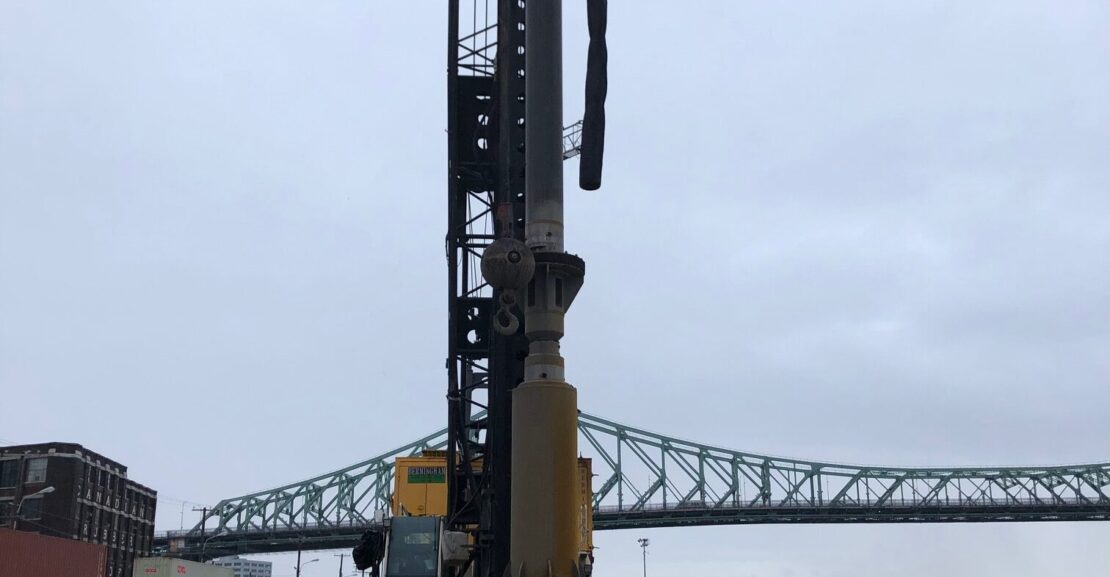When it comes to public projects, it’s not just about getting the job done, it’s about making sure everyone has a fair chance to participate in the process. That’s why the government has set guidelines for the involvement of Disadvantaged Business Enterprises (DBEs) and Women-Owned Business Enterprises (WBEs) in public projects. These guidelines are in place to ensure that all businesses, regardless of size or background, have a chance to work on public projects and contribute to the growth of their communities. In this article, we will discuss the importance of DBE and WBE involvement in public projects.
First, it’s important to understand what DBEs and WBEs are. A DBE is a small business that is owned and controlled by socially and economically disadvantaged individuals. These individuals can include women, minorities, and people with disabilities. A WBE is a small business that is owned and controlled by women. Both DBEs and WBEs are considered disadvantaged because they may have been subject to barriers that have prevented them from competing on a level playing field with other businesses.
In order to promote the involvement of DBEs and WBEs in public projects, the government has set guidelines that require a certain percentage of the work to be awarded to these types of businesses. This ensures that the playing field is leveled and that small businesses have a fair chance to work on public projects.
One of the benefits of involving DBEs and WBEs in public projects is that it can help to stimulate the local economy. When small businesses are given the opportunity to work on public projects, they are able to grow their businesses and create jobs. This helps to strengthen the local economy and create a sense of community pride.
In addition, DBE and WBE involvement in public projects can also improve the quality of the work that is done. When small businesses are given the opportunity to work on public projects, they are often highly motivated to do their best work. They know that their reputation is on the line, and they want to make sure that they deliver high-quality work that meets or exceeds expectations.
Furthermore, involving DBEs and WBEs in public projects can also help to foster innovation. Small businesses are often more agile and flexible than larger businesses, which allows them to respond to changing circumstances quickly. This means that they are often able to come up with creative solutions to problems that larger businesses may not be able to address.
It’s also worth noting that DBE and WBE involvement in public projects is not just good for the businesses involved, it’s good for the community as a whole. When public projects are completed by local small businesses, the community benefits. These businesses are invested in the community, and they want to see it thrive. As a result, they are often more likely to give back to the community through charitable contributions or by supporting local initiatives.
In conclusion, the involvement of DBEs and WBEs in public projects is important for a variety of reasons. It promotes economic growth, improves the quality of work, fosters innovation, and benefits the community as a whole. By leveling the playing field and giving small businesses a chance to participate in public projects, we can create a more vibrant and prosperous community. So the next time you see a public project being worked on, take a moment to appreciate the important role that DBEs and WBEs play in making it all happen.
Why is DBE important?
The DBE program's primary objective is to provide a fair opportunity for small businesses owned and controlled by socially and economically disadvantaged individuals to compete for transportation contracts funded by the federal government, thereby leveling the playing field. The program's remedial goal is to address past and present discrimination in contracting and promote diversity and inclusion in the transportation industry.
What does WBE stand for?
WBE stands for Women Business Enterprise, which refers to a business that is majority-owned and controlled by one or more women. WBE certification is a recognition of women's entrepreneurship and provides opportunities for women-owned businesses to participate in government and corporate procurement programs that support diversity and inclusion.
